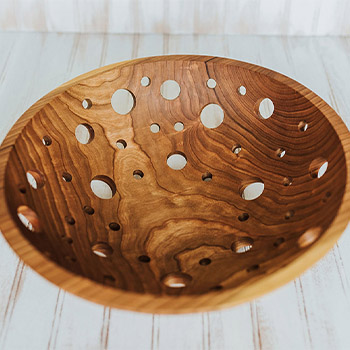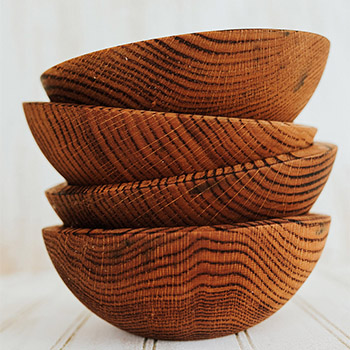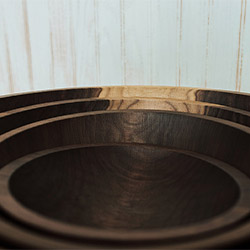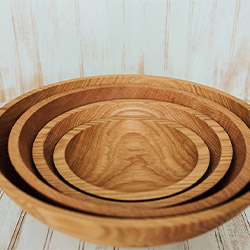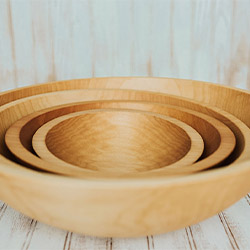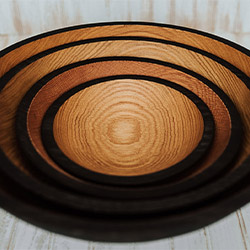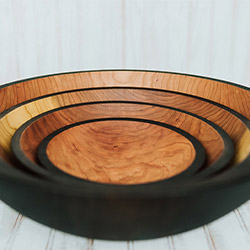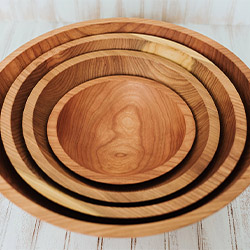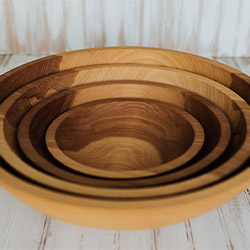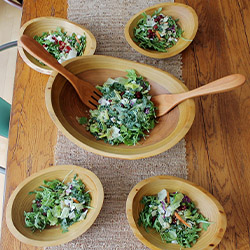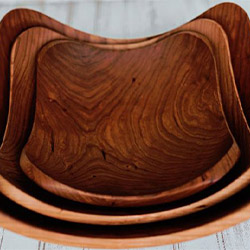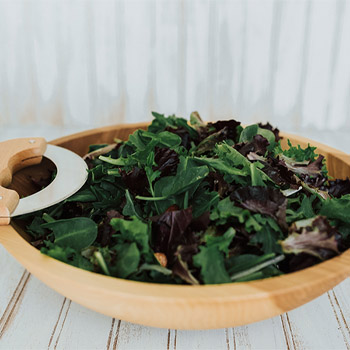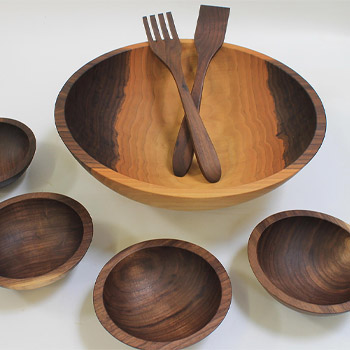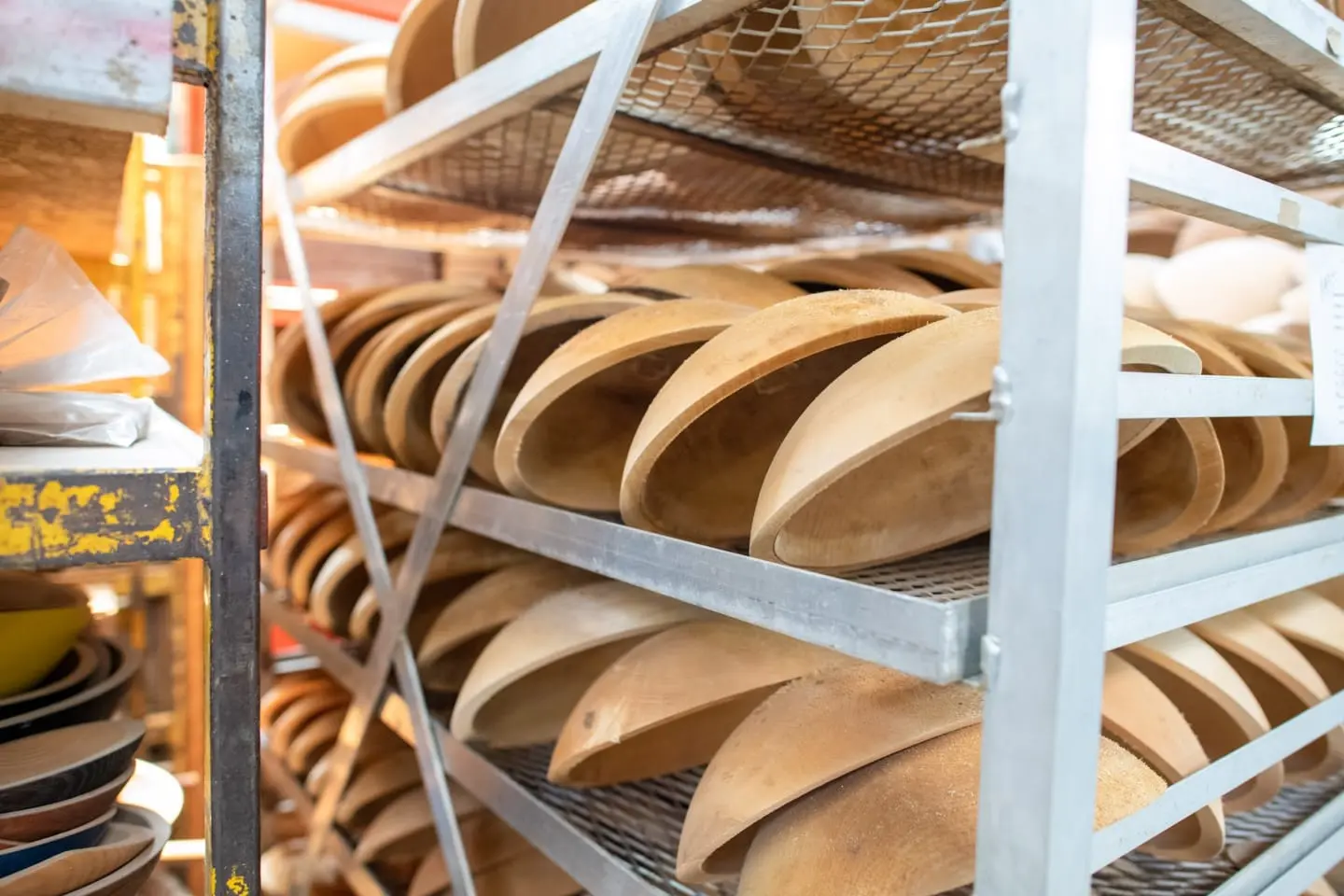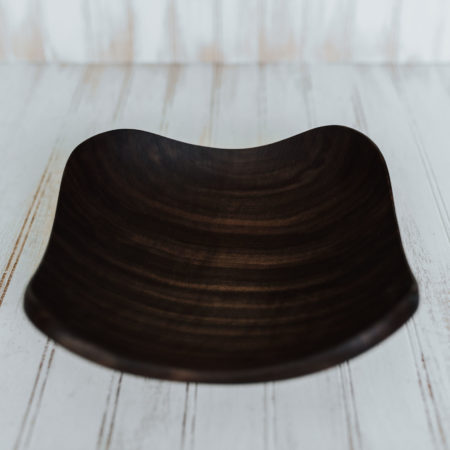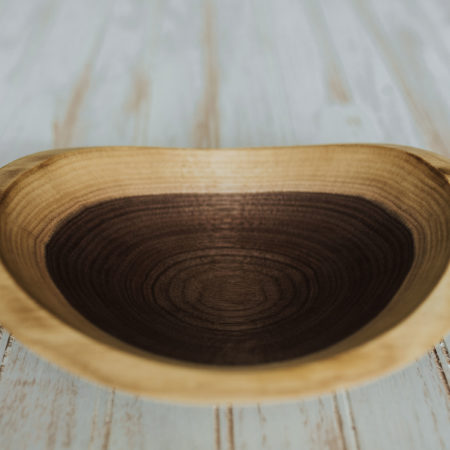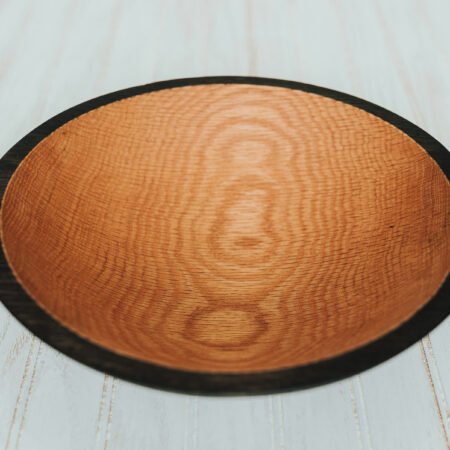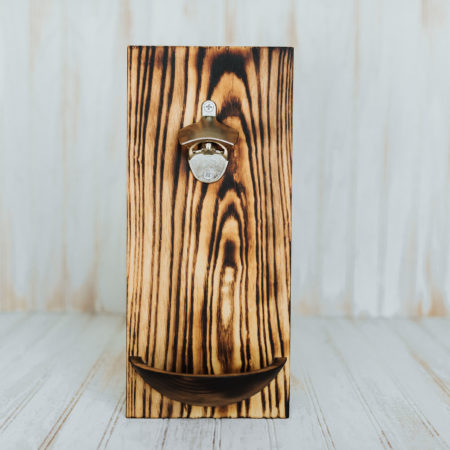Are Wooden Bowls and Utensils Dinnerware Safe?
Are you concerned about the safety of using your wooden dinnerware from Holland Bowl Mill? Are Wooden Bowls and Utensils dinnerware safe?
In this article, we will explore the potential health risks associated with wooden dinnerware and compare it to other materials regarding safety.
You will also learn about safety regulations and standards for wooden dinnerware, expert opinions, and recommendations on using it safely.
Plus, we will provide tips on cleaning and maintaining your wooden dinnerware for maximum safety.
Key Takeaways
- Wooden dinnerware can absorb chemical contaminants and bacteria, posing long-term health risks.
- Choosing wooden dinnerware made from food-grade materials and treated with safe finishes can help mitigate these risks.
- Thoroughly cleaning and drying wooden dinnerware after each use is essential to prevent bacterial growth.
- Regularly inspecting wooden dinnerware for damage or wear can reduce the risk of bacterial contamination.
Potential Health Risks Associated With Wooden Dinnerware
You should know the minimal health risks of using wooden dinnerware. While it may have a rustic charm and evoke a sense of warmth and tradition, certain factors can compromise its safety.
One of the primary concerns is the presence of chemical contaminants in the wood. Wood is porous and can absorb environmental chemicals, such as pesticides or cleaning agents, which can then be transferred to your food. This can lead to long-term health issues if consumed regularly.
Another risk is bacterial contamination. Wood can provide a suitable environment for bacteria to thrive, especially if not properly cleaned and maintained. The porous nature of wood makes it a challenge to remove bacteria, which can lead to foodborne illnesses. It is essential to ensure that wooden dinnerware is thoroughly cleaned with hot water and soap after each use and dried properly to prevent the growth of bacteria.
To mitigate these risks, choosing wooden dinnerware made from food-grade materials and treated with safe finishes is recommended. Look for dinnerware that has been tested for chemical contaminants and is certified as food-safe. Additionally, regularly inspect wooden dinnerware for signs of damage or wear, as these can increase the risk of bacterial contamination.
While wooden dinnerware adds a touch of elegance to your table, like many things, it is crucial to maintain your wooden utensils properly. By taking appropriate precautions and maintaining good hygiene practices, you can enjoy the beauty of wooden dinnerware while ensuring the safety of those you serve.
Safety Regulations and Standards for Wooden Dinnerware
Regarding safety regulations and standards, it’s important to consider the materials used in dinnerware. Wooden dinnerware has recently gained popularity for its natural and eco-friendly appeal. However, ensuring that the wooden tableware you choose meets safety certifications and does not contain potential toxins is crucial.
Here are four factors to consider:
- Non-Toxic Materials: Check the type of wood used in the dinnerware. Make sure it is free from toxic substances such as lead, phthalates, or formaldehyde. Opt for dinnerware made from natural and sustainable woods like bamboo or beechwood.
- Finishes and Coatings: Pay attention to the finishes and coatings applied to the wooden dinnerware. Look for food-safe and non-toxic finishes, such as natural oils or organic waxes. Avoid dinnerware with varnishes or lacquers that may contain harmful chemicals.
- Maintenance and Care: Proper maintenance and care are essential for ensuring the safety of wooden dinnerware. Follow the manufacturer’s instructions for cleaning and storage. Avoid soaking wooden dinnerware for extended periods and using harsh abrasives or detergents that may damage the finish.
Comparing Wooden Dinnerware to Other Materials in Terms of Safety
When comparing wooden dinnerware to other materials, it’s important to consider the safety aspects. If you desire to serve others and ensure their well-being, understanding the pros and cons of wooden dinnerware is crucial.
One advantage of wooden dinnerware is its natural and eco-friendly nature. Wooden utensils and plates are sourced from renewable resources, making them a sustainable choice. Unlike plastic, which is derived from fossil fuels and takes hundreds of years to decompose, wooden dinnerware is biodegradable and has minimal environmental impact.
Another benefit of wooden dinnerware is its durability. Wood is a strong material that can withstand heavy use, making it ideal for serving meals to many people. Unlike plastic dinnerware, which may easily break or crack, wooden dinnerware is more damage-resistant, ensuring a longer lifespan.
How to Properly Clean and Maintain Wooden Dinnerware for Safety
Following a few simple steps is essential to properly clean and maintain your wooden dinnerware . Wooden dinnerware adds a touch of sophistication and elegance to your dining experience, but it requires proper care to ensure its longevity and safety. Here are some tips to help you keep your wooden dinnerware in pristine condition:
- Hand wash only: Avoid using the dishwasher as the high heat and harsh detergents can damage the wood. Instead, gently wash your wooden dinnerware by hand using mild dish soap and warm water.
- Dry thoroughly: After washing, dry your wooden dinnerware completely. Excess moisture can cause the wood to warp or develop mold. Use a soft cloth or paper towel to pat dry, and then allow it to air dry completely before storing.
- Apply a food-safe oil: Regularly oiling your wooden dinnerware helps to maintain its natural beauty and prevent the wood from drying out. Use a food-safe oil like mineral oil or coconut oil and apply a thin, even coat using a soft cloth. Allow the oil to penetrate the wood for a few hours, then wipe off any excess.
- Store properly: Store your wooden dinnerware in a cool, dry place away from direct sunlight to avoid damage. Avoid stacking the pieces directly on top of each other to prevent scratches or dents. Consider using a dedicated storage container or drawer to keep them organized and protected.
These proper cleaning techniques and maintenance tips ensure your wooden dinnerware remains safe, beautiful, and ready to serve your guests for years.
Summary
Were you wondering if Wooden Bowls and Utensils dinnerware safe?
Wooden dinnerware can be a safe meal option, but it’s important to consider potential health risks and adhere to safety regulations.
Compared to other materials, wooden dinnerware may have its advantages in terms of safety. However, proper cleaning and maintenance are crucial to ensure its safety. For any questions or to view our catalog of beautiful wooden bowls, please contact Holland Bowl Mill.

